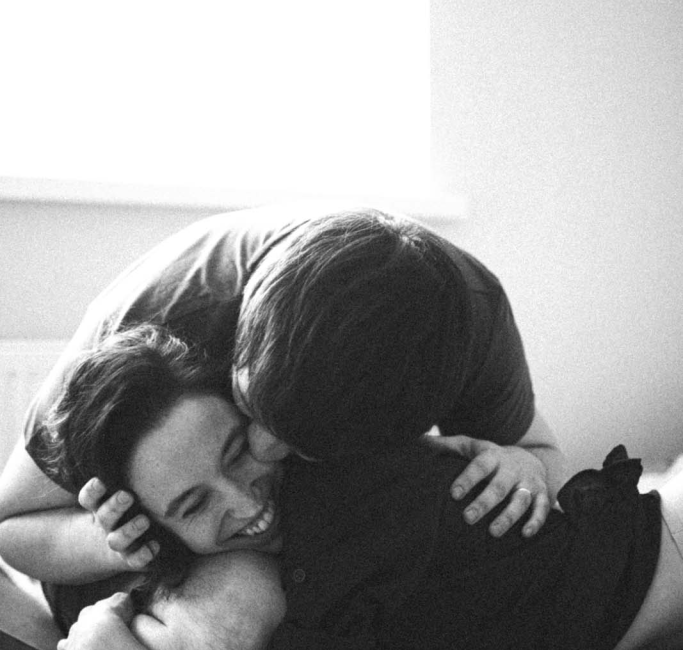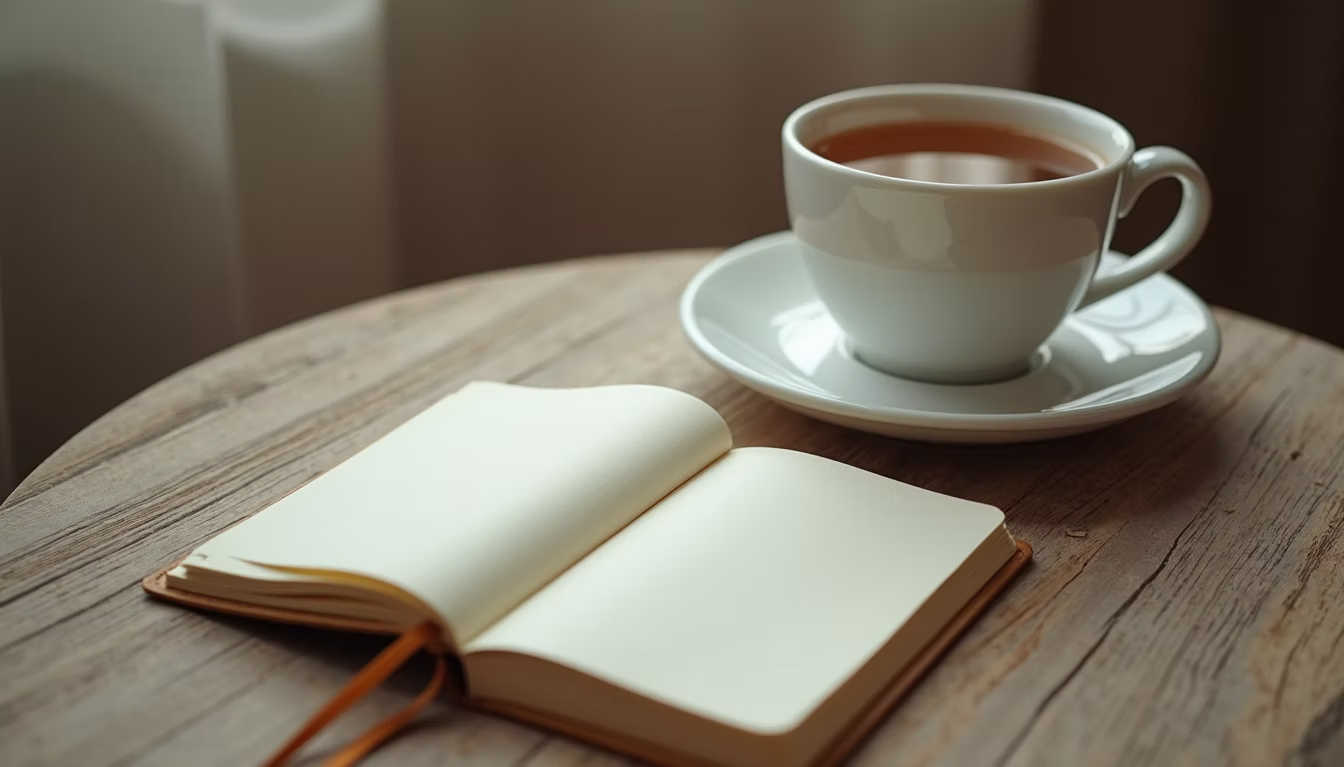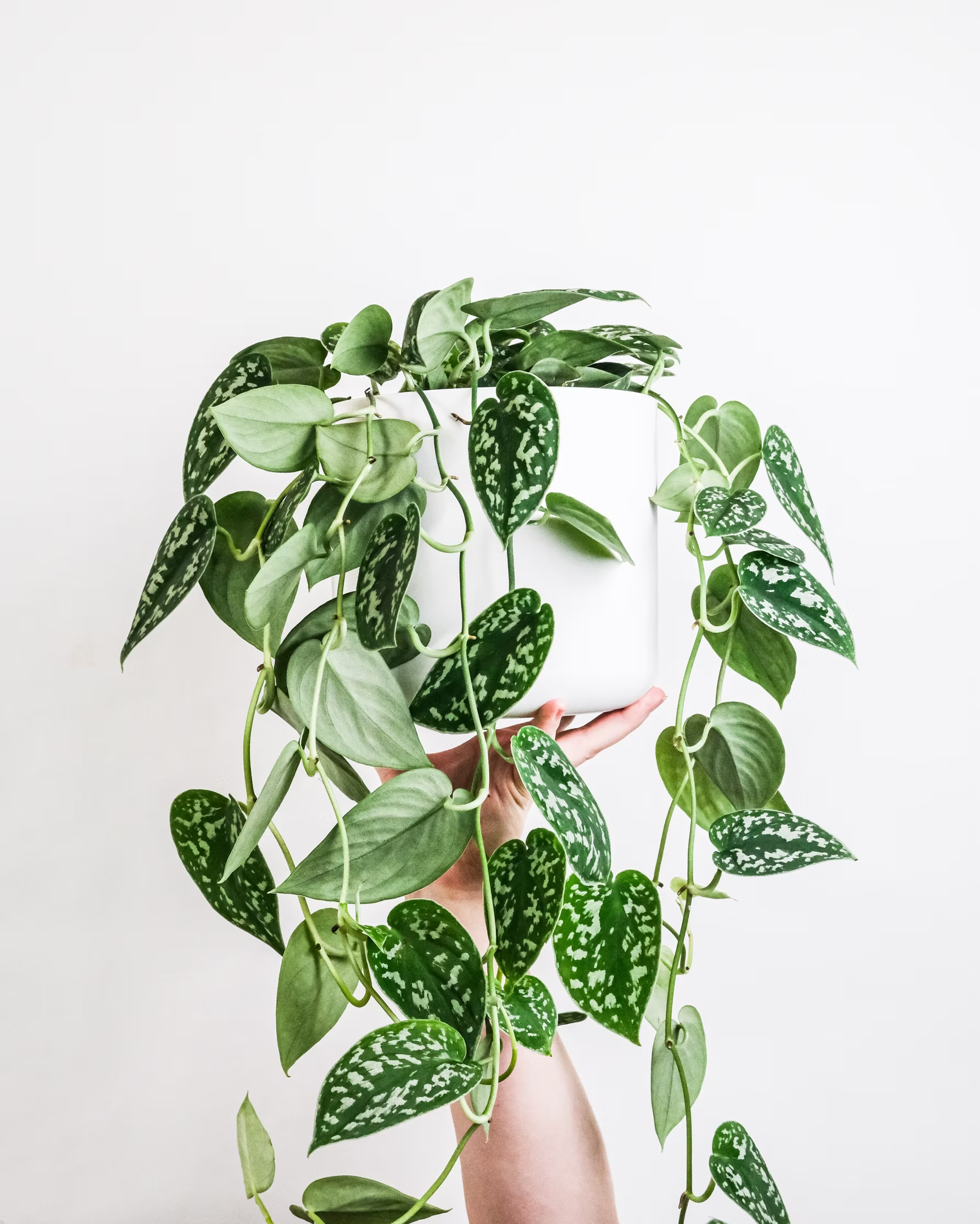If you’ve ever wondered why you text back so quickly, get anxious when someone takes too long to reply, or feel like you always attract “emotionally unavailable” partners… chances are, your attachment style is part of the story.
Attachment style is more than a psychology buzzword—it’s the way your nervous system learned to connect with others. And in a city like Frisco or Flower Mound, where young adults are navigating dating apps, careers, and figuring out who they are, knowing your attachment style can be life-changing.
Let’s break it down in a way that’s actually helpful, not just textbook definitions.
The 4 Attachment Styles (And What They Look Like in Real Life)
Here’s how each attachment style often shows up for young adults in relationships and friendships:
1. Secure Attachment
You can text without overthinking.
You give people space without panicking.
You trust that people care about you without constant reassurance.
In dating, secure people often come across as calm, grounded, and consistent.
2. Anxious Attachment
You replay conversations in your head, wondering if you said something wrong.
You feel relief when someone texts back, but the worry creeps in again.
You might settle for “crumbs” of affection just to avoid being alone.
This doesn’t mean you’re “too much.” It means your nervous system is wired to stay hyper-alert to connection.
3. Avoidant Attachment
You love deeply, but you often keep people at arm’s length.
Independence feels safer than depending on anyone.
When relationships get close, you sometimes pull away.
Many avoidant types are labeled as “cold,” but often it’s really about fear of being trapped or rejected.
4. Disorganized Attachment
You crave closeness but also feel unsafe when things get too close.
You might push someone away, then immediately regret it.
Relationships feel like a constant tug-of-war inside you.
This often stems from earlier trauma, and it’s not your fault—it’s your body’s way of trying to stay safe.
Why Attachment Styles Matter in Your 20s & 30s
Here’s the thing: attachment isn’t just about romance. It affects how you make friends in college, how you handle conflict at work, and how you set boundaries with your family.
Dating apps in Frisco & Flower Mound? If you keep finding yourself attracted to the same type of unavailable partner, that’s attachment style at play.
Building friendships? Some young adults overshare quickly (anxious), while others keep things surface-level (avoidant).
At work? Ever notice how feedback either motivates you or makes you spiral? Yep—that’s connected too.
Can You Change Your Attachment Style? (Yes!)
Here’s the good news: attachment isn’t permanent. Your brain and nervous system can rewire through safe, healthy relationships and therapy.
Ways to start shifting:
Notice your triggers. When you’re anxious or pulling away, pause and get curious instead of shaming yourself.
Practice safe connection. Build relationships with people who respect your boundaries and value your needs.
Therapy. This is where counseling for attachment style in Flower Mound or Frisco can help you rewrite old patterns and learn secure ways of relating.
And just in case you want more information on attachment styles, I’ve written another post which can be found here.
Happy reading!
And remember,
You Got This!
Samantha Earley, MS, LPC
Owner and Lead Therapist
Thorn & Rose Counseling










